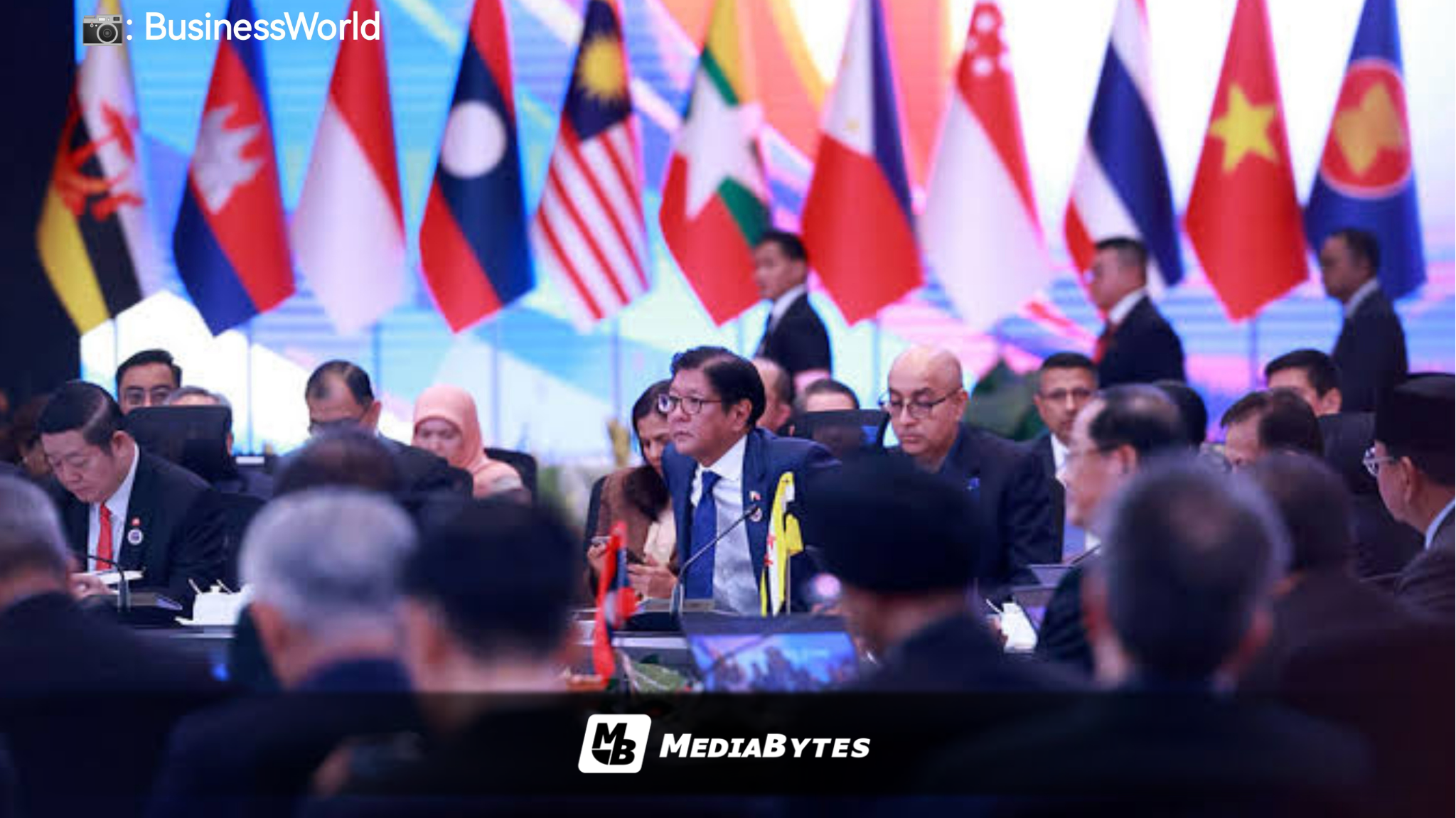
As President Ferdinand Marcos Jr. marks his third year in office, the Philippines’ foreign policy has entered a defining chapter — one shaped by regional tensions, strategic recalibrations, and the ever-complicated balance between sovereignty and diplomacy.
⚖️ A “FRIEND TO ALL” IN A POLARIZED WORLD
At the start of his term, Marcos Jr. declared that the Philippines would be a “friend to all and an enemy to none.” This statement signaled a shift from his predecessor’s pro-China pivot toward a more balanced, multi-vector approach to diplomacy.
In practice, however, the administration’s policies have reflected a firm re-alignment with traditional allies, especially the United States, while managing—but also confronting—China’s incursions in the West Philippine Sea.
🇺🇸 STRENGTHENING TIES WITH THE U.S.
The Enhanced Defense Cooperation Agreement (EDCA) was expanded, giving U.S. forces access to four additional Philippine military bases—including some near Taiwan and the West Philippine Sea.
Marcos Jr. became the first Philippine president in over a decade to visit the White House, reaffirming defense cooperation and securing new economic, security, and technology investments.
Joint military drills like Balikatan reached record scale in recent years, further signaling a tighter U.S.-PH alliance amid regional security challenges.
🇨🇳 MARITIME CONFRONTATIONS WITH CHINA
Marcos Jr.’s administration took a more assertive stance against Chinese aggression in the West Philippine Sea, calling out incursions and maritime harassment.
The Philippines filed multiple diplomatic protests and ramped up public exposure of Chinese activities using coast guard transparency and international media.
The government also condemned incidents involving water cannon attacks and the use of military-grade lasers against Filipino vessels.
Despite economic ties with China, diplomatic friction over territorial sovereignty has become one of the most defining foreign policy issues of Marcos Jr.’s term so far.
🌐 MULTILATERAL DIPLOMACY AND ASEAN ROLE
Marcos Jr. reaffirmed the Philippines’ commitment to ASEAN centrality, while also advocating for a stronger rules-based regional order.
The administration participated actively in United Nations sessions, Asia-Pacific forums, and climate conferences, emphasizing food security, peacebuilding, and global cooperation.
🇷🇺 UKRAINE, GAZA, AND GLOBAL STANCES
The Marcos government joined the UN in condemning Russia’s invasion of Ukraine, aligning with Western allies.
On issues such as the Israel-Gaza conflict, the Philippines maintained a largely neutral and humanitarian-focused position, emphasizing OFW safety and peace resolutions.
🔍 SOVEREIGNTY AND NATIONAL INTEREST: A BALANCING ACT
While critics praise the administration’s firmer stance in protecting territorial waters and revitalizing global partnerships, others warn that:
- The growing military footprint of foreign forces could undermine long-term sovereignty;
- The economic dimension of foreign policy—especially investment and trade independence—remains underdeveloped.
The administration continues to stress that all foreign engagements serve the “paramount national interest” and the integrity of the archipelago.
Three years in, Marcos Jr.’s foreign policy reflects a bolder, more assertive Philippines on the world stage—one that prioritizes maritime sovereignty, revitalizes alliances, and adapts to global shifts. But the challenge remains: Can the Philippines stay true to its independent foreign policy while navigating rising tensions between major powers?



